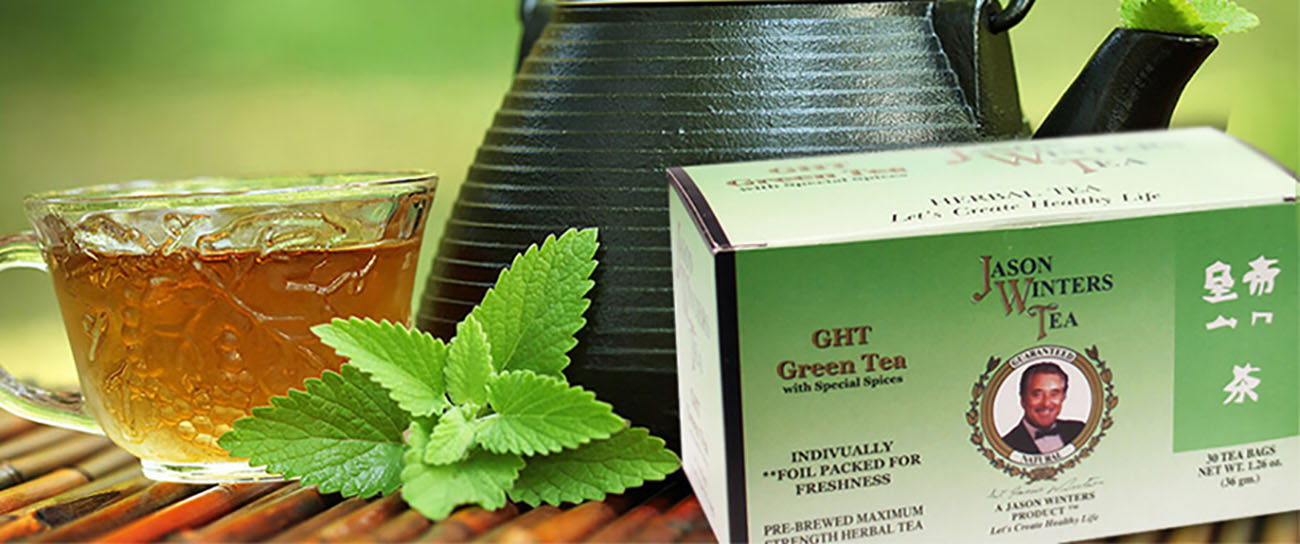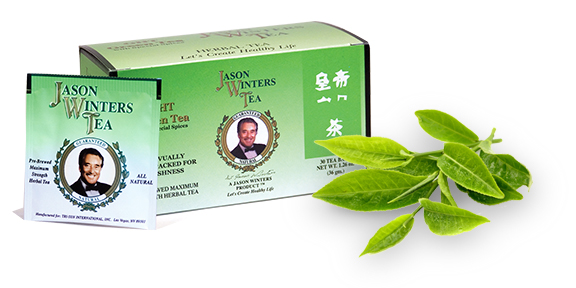About 60 years ago, Dr. Minowada of Kyoto University noticed that sugar in the urine of hospitalized diabetes patients fell markedly during periods when they participated in the Tea Ceremony. He reported that green tea had the capability of lowering blood sugar. Unfortunately this important report was ignored, but in recent years Japan once again has shown a heightened interest in diabetes and in the ability of green tea to reduce blood sugar. The sugars and carbohydrates in our food are digested mainly in the duodenum, where they are converted to glucose and then absorbed into the blood.
The agent that regulates the intake of blood sugar into tissues is insulin. Diabetes is characterized by insufficient secretion or improper functioning of insulin, which hinders the proper absorption of glucose into tissues and leads to a high concentration of blood sugar that must eventually be excreted into urine. If this high concentration of blood sugar continues for a long period, it will affect the vascular system and cause serious diseases including arteriosclerosis and retinal hemorrhages. Dr. Y. Hara and Dr. M. Shimizu have demonstrated that green tea catechin has an ability to lower blood sugar, and polysaccharides in green tea possess the same ability. H. Asai, Y. Ogawa, Y. Hara and K. Nakamura, Kiso to Rinsshyo, (1987). M. Shimizu et al, Yakugaku Zatshi, (1988)



 The modern world has discovered the many benefits of Green Tea. For centuries, this lightly processed “gift from mother earth” has been the esteemed drink of emperors. Sir Jason Winters calls this superior blend of green tea “Chao Phrya Tea,” named after the mighty river upon which the tea barges always sailed. Chao Phrya means “the river of the kings,” and villagers in the river valley say their special Green Tea is “as emerald as the mountains rising in early morning mist.”
The modern world has discovered the many benefits of Green Tea. For centuries, this lightly processed “gift from mother earth” has been the esteemed drink of emperors. Sir Jason Winters calls this superior blend of green tea “Chao Phrya Tea,” named after the mighty river upon which the tea barges always sailed. Chao Phrya means “the river of the kings,” and villagers in the river valley say their special Green Tea is “as emerald as the mountains rising in early morning mist.”